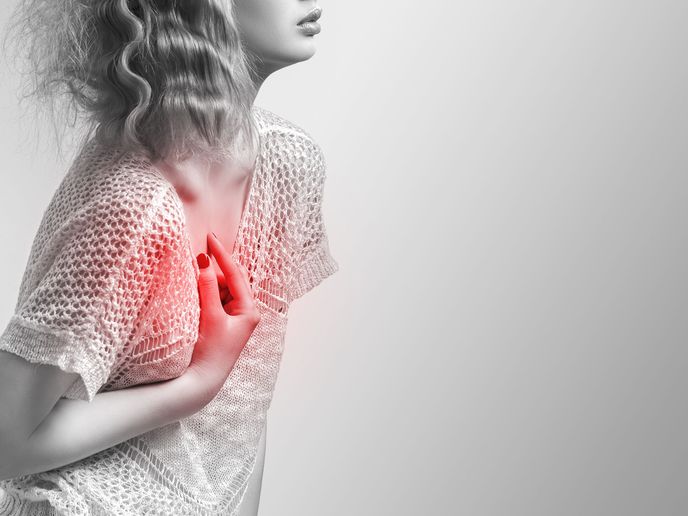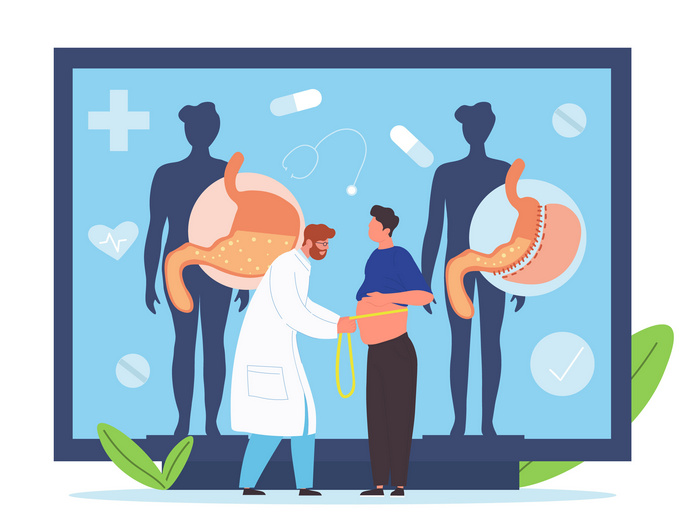Big data to speed up personalised medicine
The EUR 18 million P-MEDICINE (From data sharing and integration via VPH models to personalized medicine) project brings together the top of the crop in the fields of healthcare, basic science, IT, law and ethics around a common objective: accelerating individual diagnostic and treatment by means of a large database where patient-related information can easily be accessed. This is an ambitious quest which will be at the heart of healthcare research efforts over the years to come, both in Europe and overseas. ‘Obstacles are manifold,’ explains Prof. Norbert Graf, Head of the Clinic for Paediatric Oncology and Haematology of Saarland University and coordinator of the project. ‘The first is the availability, sharing and joining of heterogeneous data from hospitals, research institutes, “Electronic health records” (EHRs), etc. This is closely related to questions of data protection and privacy. The second obstacle is the fact that only a few clinicians are aware of the importance of “big data” in healthcare. Where there is a need to join data, there is also the need to network between many different stakeholders, including clinicians, IT people, lawyers, ethicists, basic scientists and others. The third obstacle is that patients need to be aware of the topic. Without patient empowerment, it will be difficult to pave the way to personalised medicine.’ To tackle these three problems, the consortium has developed an integrated technological solution relying on tools for data collection, semantic interoperability, data sharing and storing, data mining, data integration into models as well as tools for decision support and patient empowerment. These include the P-MEDICINE portal where patients, clinicians and researchers can collaborate and share data, as well as an ontology-based clinical trial management system (ObTIMA), a simulation system for tumour growth (Oncosimulator), a platform to simplify access to biobanks (p-BIOSPRE), a tool which helps to visually explore associations between drugs (Correlation Viewer), a system enabling temporal multimodal image analysis (Dr Eye) and e-learning modules. A bottom-up approach Prof. Graf points out that this could all be achieved thanks to the involvement of all stakeholders. ‘The project was clinically driven right from the beginning, meaning that relevant clinical questions were posed and answered right from the start. A legal and ethical framework was built for data protection and privacy, and developed tools, models and services were built in an iterative way between all stakeholders of the project. During this process a special focus was put on guaranteeing usability of the tools and on training activities.’ An entire work package was also dedicated to patient empowerment. A tool called Interactive Empowerment Service (IEmS), which includes a questionnaire for assessing the psycho-cognitive status of the patient, helps medical staff to improve communication with the patient and better understand his/her needs, eventually resulting in better treatments. ‘Another tool developed is the patient’s donor tool which enables patients to decide who is allowed to use their data or biomaterial for further research,’ Prof. Graf adds. Validation of the tools developed was also a key aspect in the project: ‘We used retrospective data for building our tools and validated them with prospective data. The validation was done according to standardised procedures. Evaluation of tools was carried out by ECRIN, against the question of whether these tools can be integrated into the ECRIN clinical trials workflow and whether these tools meet legal and ethical compliance aspects of “Good clinical practice” (GCP).’ All in all, over 100 peer-reviewed papers were published during and after the project, which will live on through other EU-funded initiatives such as the CHIC, MYHEALTHAVATAR and IMANAGE projects. The P-MEDICINE platform will be maintained by the Study Trial and Research Centre (STaRC); a business model is currently under development and will be decisive in ensuring the long-term impact of P-MEDICINE’s work: ‘It is of utmost importance to exploit our results within the clinical community to attract physicians and convince them to use our developed tools. Patients will gain an important role in asking for individual treatments for their diseases, and this will have a great impact on our healthcare system in the future.’
Keywords
Big Data, personalised medicine, data collection,decision support, patient empowerment







